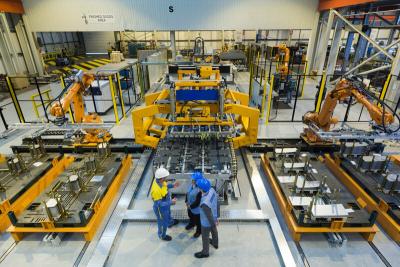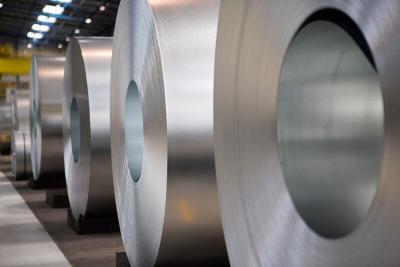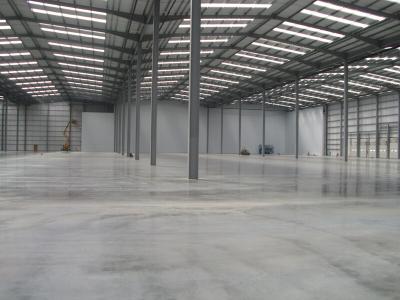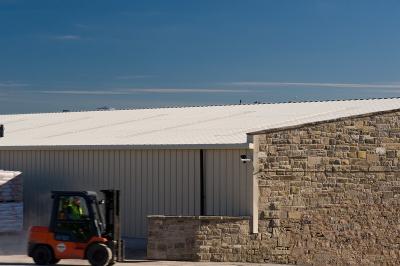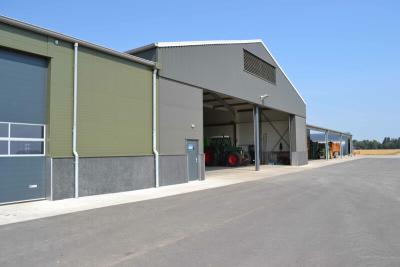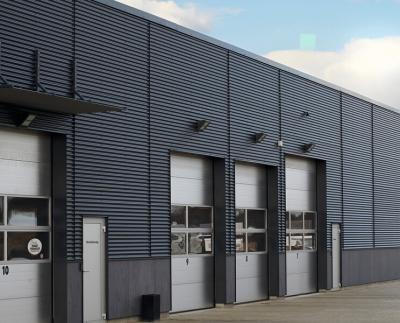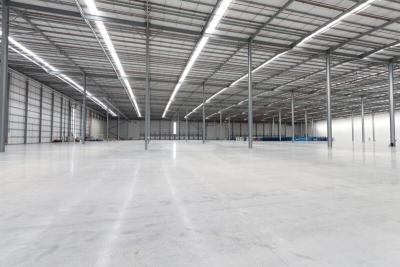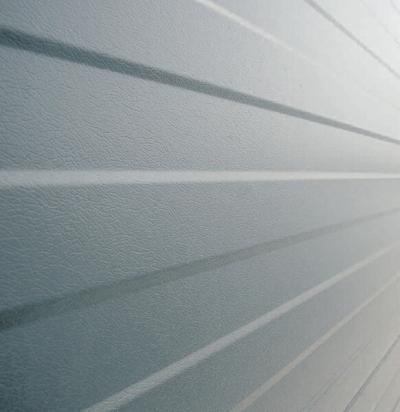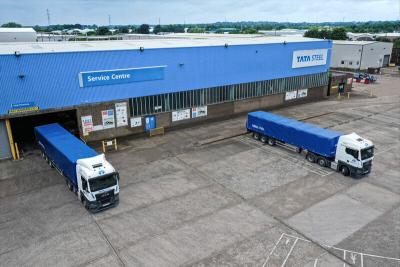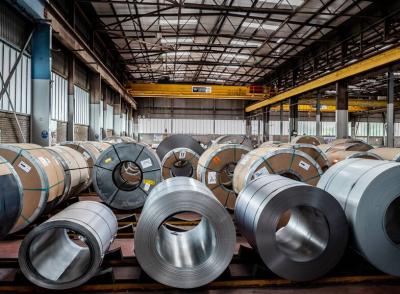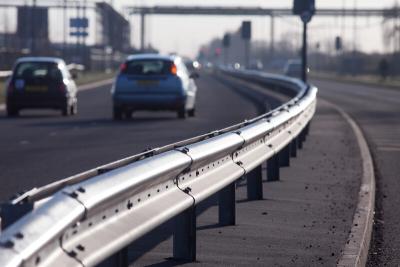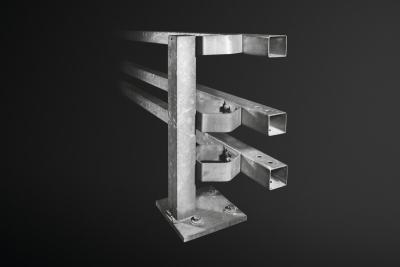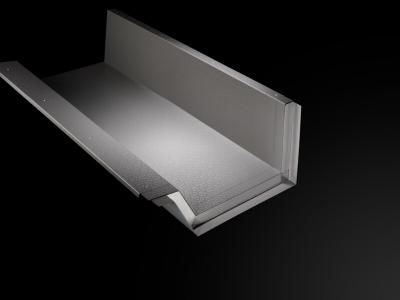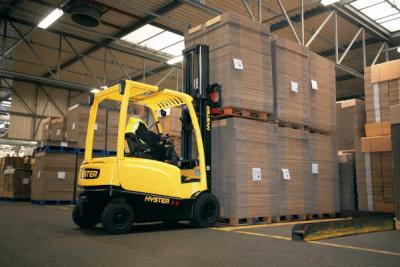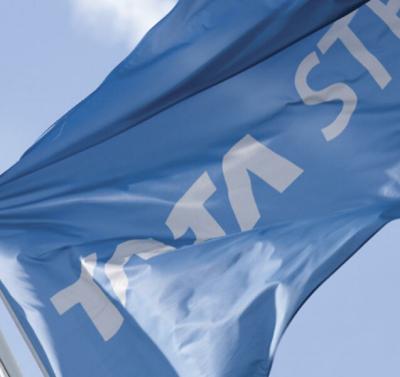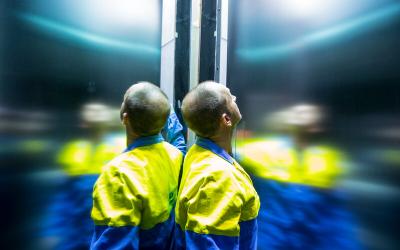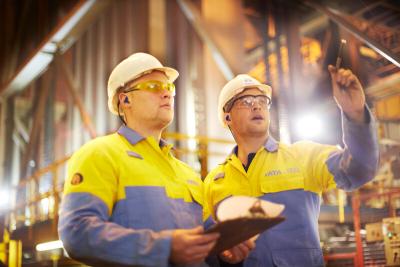The budget confirmed that the UK Government would continue to compensate the steel sector for the impact of carbon pricing on electricity bills, but there are concerns over the implementation of the UK Carbon Border Adjustment Mechanism.
Trade body UK Steel has responded to the UK Government's Budget on 30 November, reflecting on a number of issues pertinent to the industry.
It said: "The Chancellor’s budget confirmed that the Government would continue to compensate our sector for the impact of carbon pricing on electricity bills - a win for UK Steel, which we pushed the Government to retain for another year until the Spending Review.
"The ‘Compensation for the indirect costs of the UK Emissions Trading System and the Carbon Price Support Mechanism’ reduced the steel industry’s electricity bills by an estimated £20/MWh, or £45 million annually, and is essential to the sector’s competitiveness and profitability as EU countries like Germany and France have similar schemes in place.
"Rachel Reeves confirmed that the UK Carbon Border Adjustment Mechanism (CBAM) will start in 2027, which is a great disappointment to the steel industry."
"This was cryptically referred to as “Continued support for Energy Intensive Industries through around £350 million of funding across 2024-25 and 2025-26 to support energy efficiency, decarbonisation, and technological innovation”, but DBT officials have confirmed that this entails the extension of indirect compensation.
"Separately, (Chancellor) Rachel Reeves confirmed that the UK Carbon Border Adjustment Mechanism (CBAM) will start in 2027, which is a great disappointment to the steel industry.
"This has increased concerns about trade diversion due to the delayed implementation, which UK Steel raised as far back as December last year.
As the EU CBAM will start in 2026, 12 months before the UK policy, high-emission steel usually designated for the European markets will face a carbon cost at the border which could divert it to other open markets, like the UK.
"As trade flows change swiftly in the steel industry, we could see a rapid increase in imports of high-emission steel being dumped in the UK, depressing pricing and causing injury to the domestic steel industry.
"The consultation response published alongside the Budget did not acknowledge the risk of trade diversion because of the gap between the EU and UK CBAM, nor did it mention any mitigation options to reduce this risk.
"UK Steel also regrets that electricity network charge compensation for steel has not been elevated from 60% to 90%, in line with French and German connection compensation"
"UK Steel has expressed our disappointment to Treasury Special Advisers and other officials, and will continue to urge the Government to take prudent actions ahead of the negative trade impacts of the EU CBAM.
"Finally, UK Steel also regrets that electricity network charge compensation for steel has not been elevated from 60% to 90%, in line with French and German connection compensation.
"The steel industry currently faces electricity network charges 10x higher than EU competitors, an absurd disparity harming the industry’s competitiveness"
The detail: HMT disappoints on CBAM design
In addition to HMT confirming the implementation timeline for the UK CBAM on Wednesday, it also outlined the main design principles for the policy. It was confirmed that the CBAM cost will be determined by the UK Emission Trading Scheme (ETS) price, Carbon Price Support, and free allowances, and be set as a single rate for each sector.
We are now increasingly concerned that the UK CBAM will be an inferior version of the EU CBAM, with less control, bigger loopholes, and easier circumvention
The Government will allow the use of a default value, where importers do not have actual CO2 data for the steel they import. The minimum threshold for the CBAM will also be increased fivefold, meaning that if importers import CBAM goods worth less than £50,000 over a 12-month period, they will not face any CBAM liability. This is very disappointing, as UK Steel had been advocating for a stricter CBAM where imported steel faced similar carbon costs as domestic producers, and where the CBAM liability was based on the actual carbon emissions of the imported steel.
We are now increasingly concerned that the UK CBAM will be an inferior version of the EU CBAM, with less control, bigger loopholes, and easier circumvention. UK Steel will continue to engage with HMT and wider Government departments to ensure sufficient actual carbon leakage protection is provided
~ends~
About Tata Steel UK
- The Tata Steel Group has been named one of the most ethical companies in the world, and is among the top producing global steel companies with an annual crude steel capacity of 34 million tonnes.
- Tata Steel in the UK has the ambition to produce net-zero steel by 2045 at the latest, and to have reduced 30% of its CO2 emissions by 2030.
- In October 2024, Tata Steel ceased ironmaking at its Port Talbot site and temporarily paused steelmaking pending the construction of a 3.2Mtpa Electric Arc Furnace, due to be commissioned late in 2027 / early 2028. For that period, the business will import slab and hot rolled coil to support manufacturing and distribution operations at sites across Wales, England and Northern Ireland as well as Norway, Sweden, France, Germany and UAE. It also benefits from a network of sales offices around the world.
- Throughout 2024 Tata Steel UK has been undergoing a restructuring that will reduce the size of its workforce to around 5000 direct employees, supplying high-quality steel products to demanding markets, including construction and infrastructure, automotive, packaging and engineering.
- Tata Steel Group is one of the world's most geographically-diversified steel producers, with operations and a commercial presence across the world.
- The group recorded a consolidated turnover of around US$27.7 billion in the financial year ending March 31, 2024.
Follow us on social media








